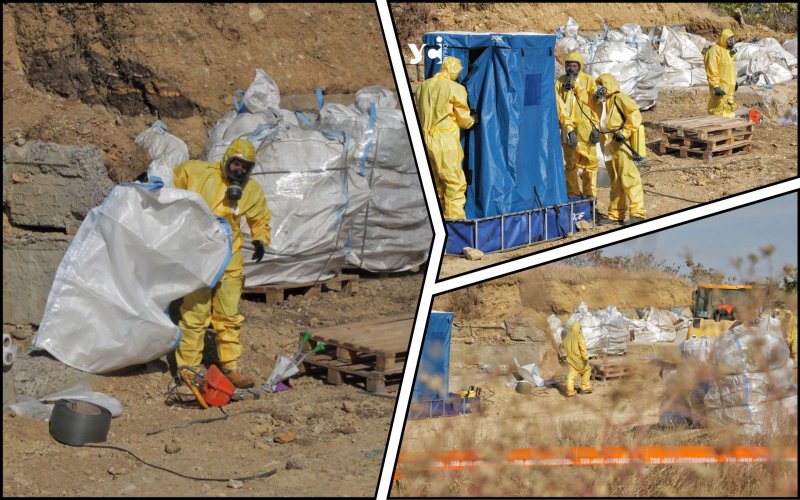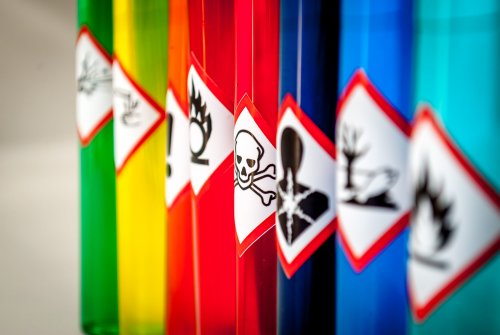In Odesa, a dump with 147 tons of DDT insecticide, also known as dust, which had been on the coast of the Khadzhibey estuary since 1979, was removed.
Hazardous waste will be disposed of by the end of 2023, reports Ukrainian Information Service.
It is noted that the insecticide got to Odesa after the Mozdok steamship sank. Chemicals were stored on the territory of 0.8 hectares. According to local residents, an unpleasant smell spread from the poison burial ground, chemicals seeped into the soil, and poisoned sewage flowed into the Khadzhibey estuary.
The material said that the bags in which the insecticides were stored had already begun to leak. In addition, in the realities of war, their storage became even more dangerous.
"When this sarcophagus [concrete bunkers] was opened, we saw that we had started these works on time. Because the bags in which they were packed already needed to be destroyed, as well as this waste. They did not ensure the sealing of these dangerous substances. The distribution of these substances leads to cancer and soil pollution," said Iryna Shatokhina, director of the Department of Ecology and Natural Resources of Odesa OVA.
It is noted that 13.4 million hryvnias were allocated for the liquidation of poisonous chemicals in Odesa OVA. They will be disposed of by the UkrEkoProm company by the end of 2023. The insecticide will be sent to the warehouse of the enterprise and burned with minimal emissions into the air.
Earlier, EcoPolitic wrote, that in September, Oleg Kiper, the head of Odesa OVA, said that the administration would make a decision on the disposal of 147 tons of toxic chemicals in the village of Altestov, which have been in the open since 1978.
As EcoPolitic reported earlier, in Chernihiv region, the first 7 tons of unusable chemical plant protection products (CPPs), which do not have established owners, were taken for disposal from the villages of Kalynivka and Bialovezh.





